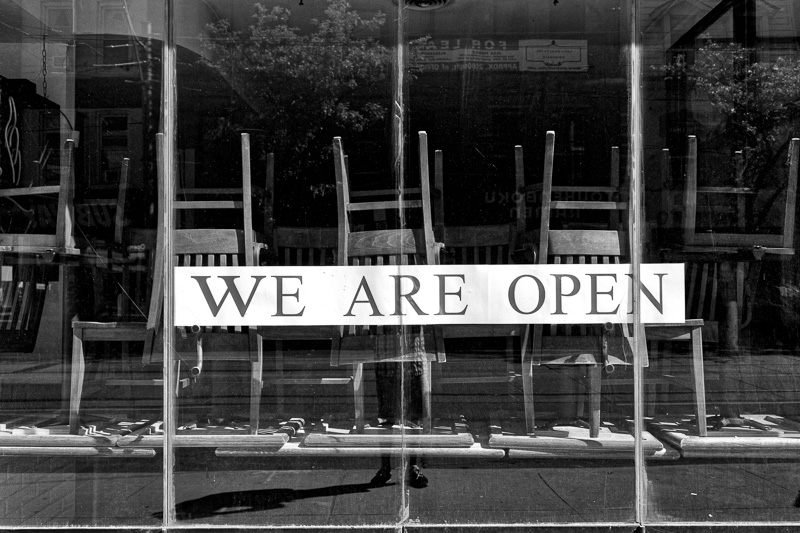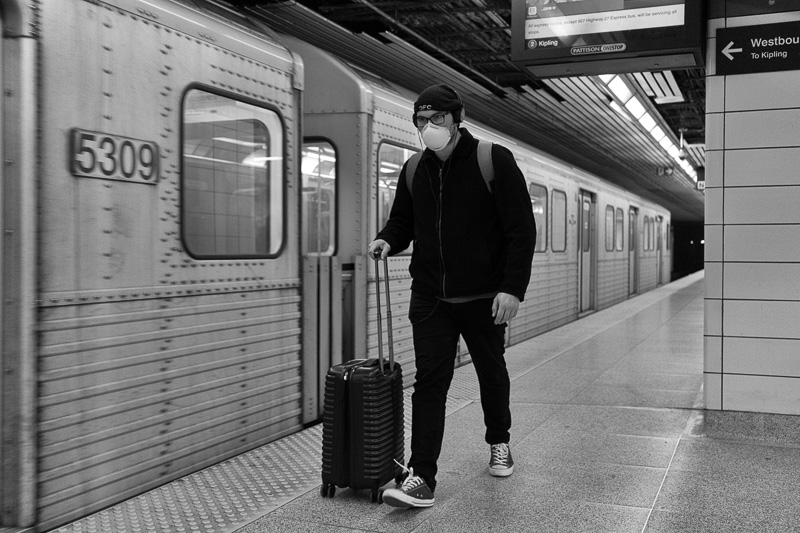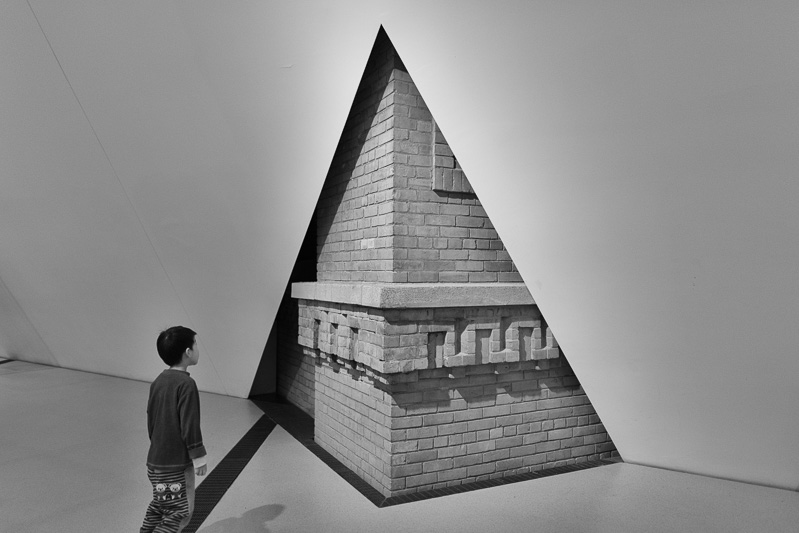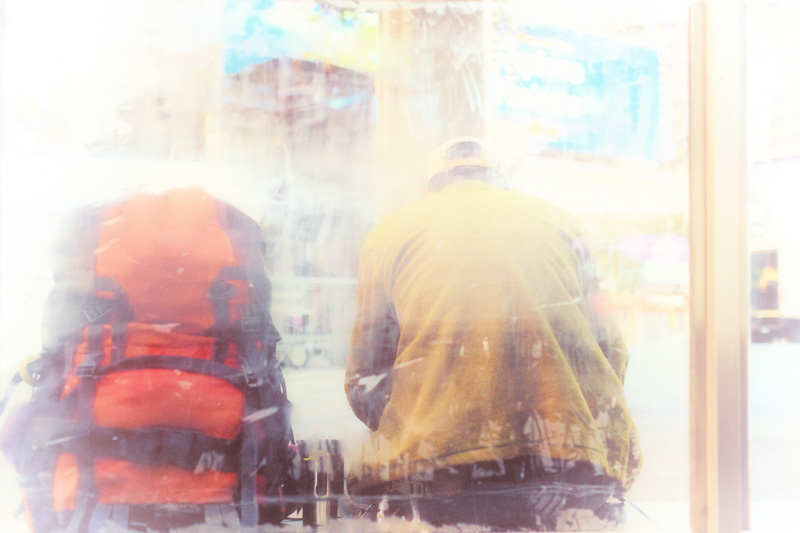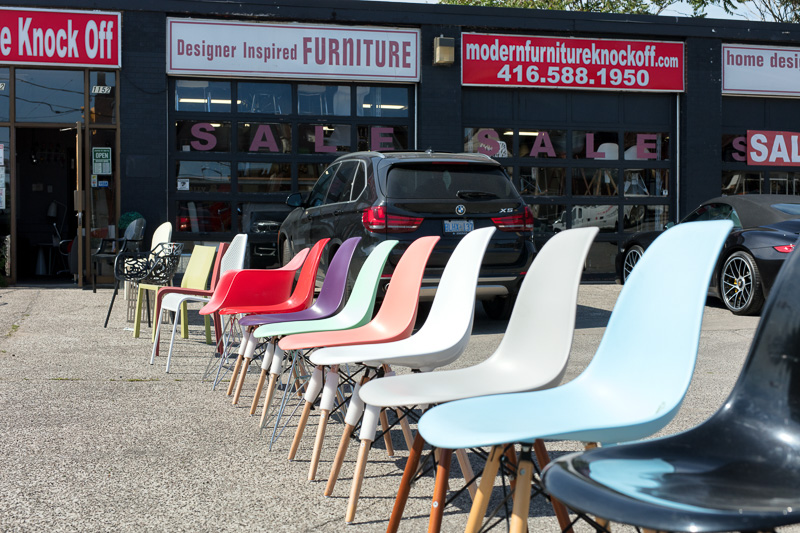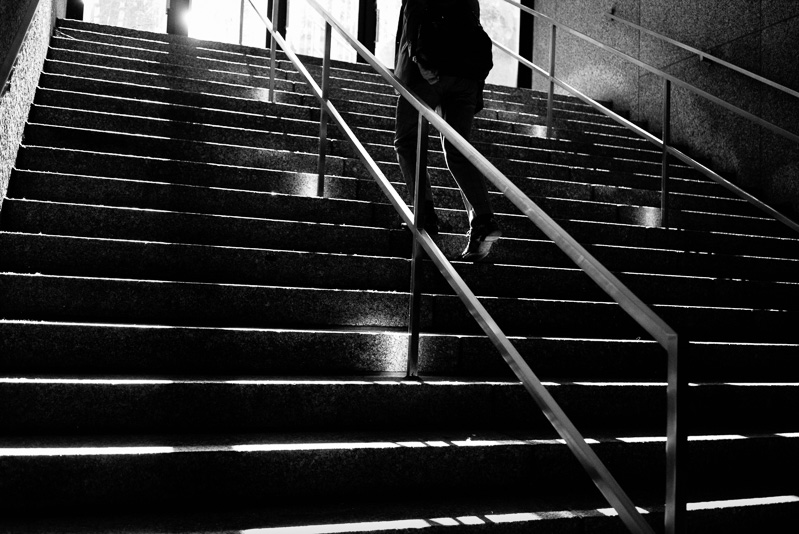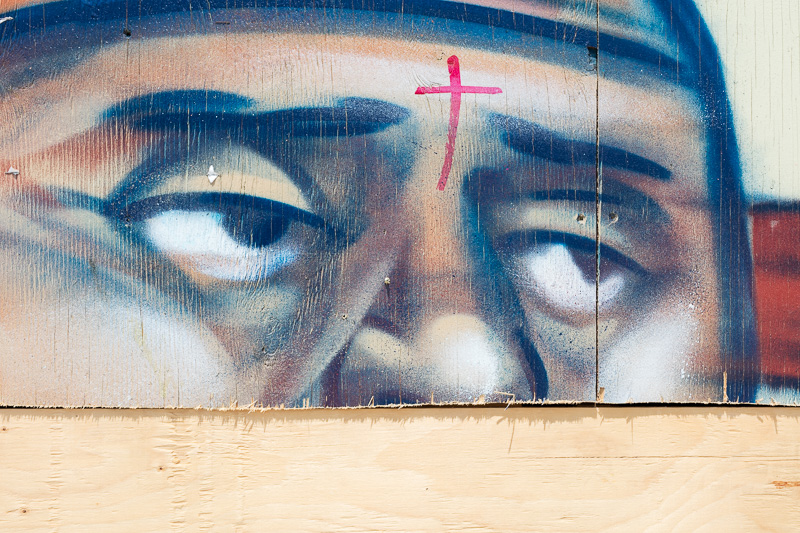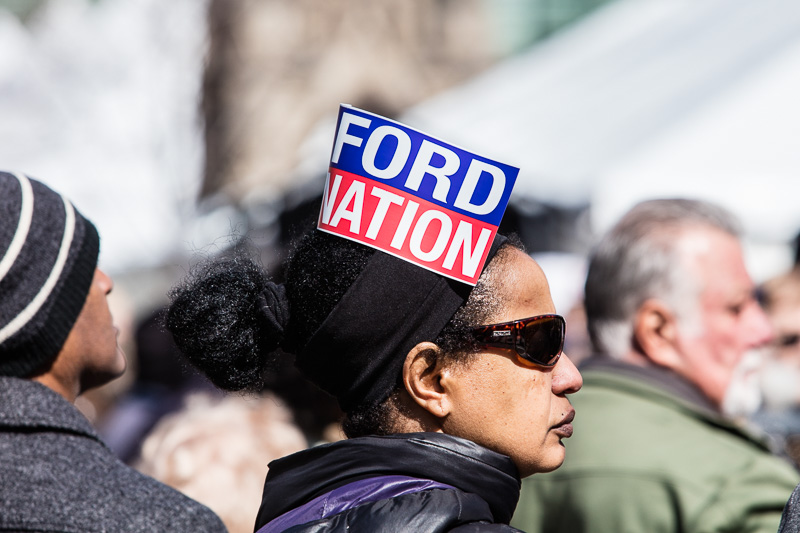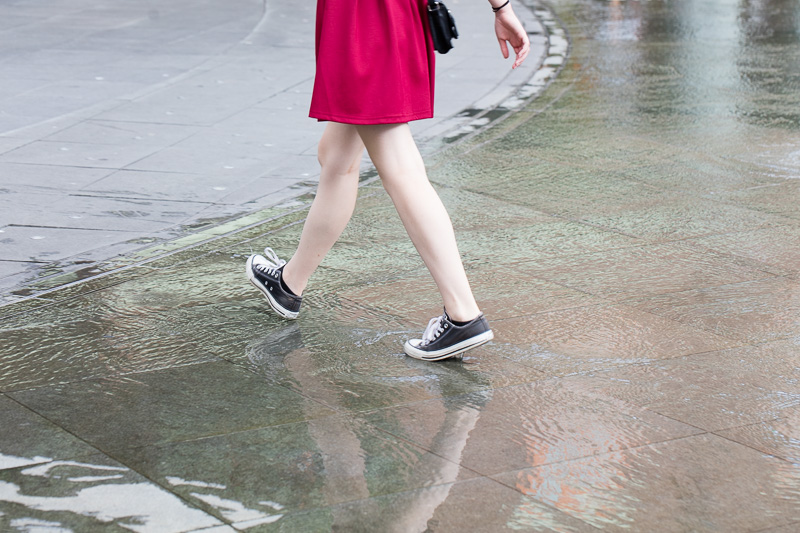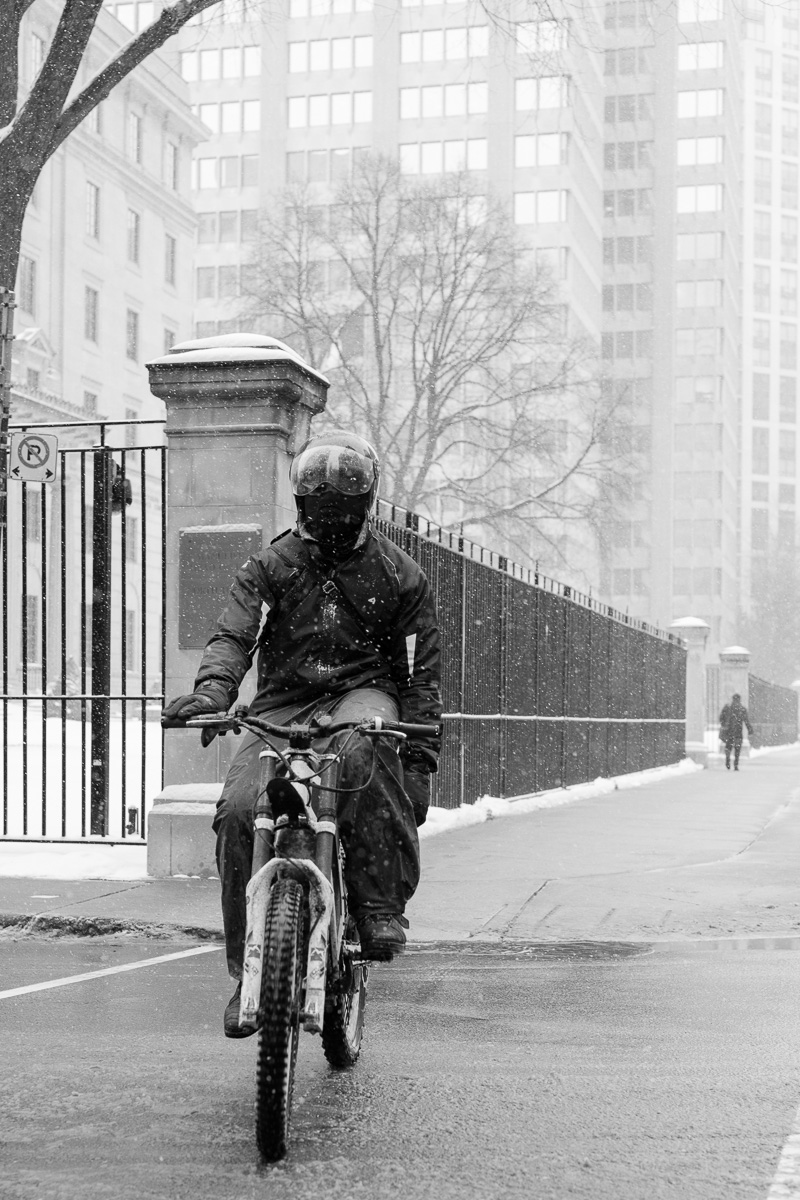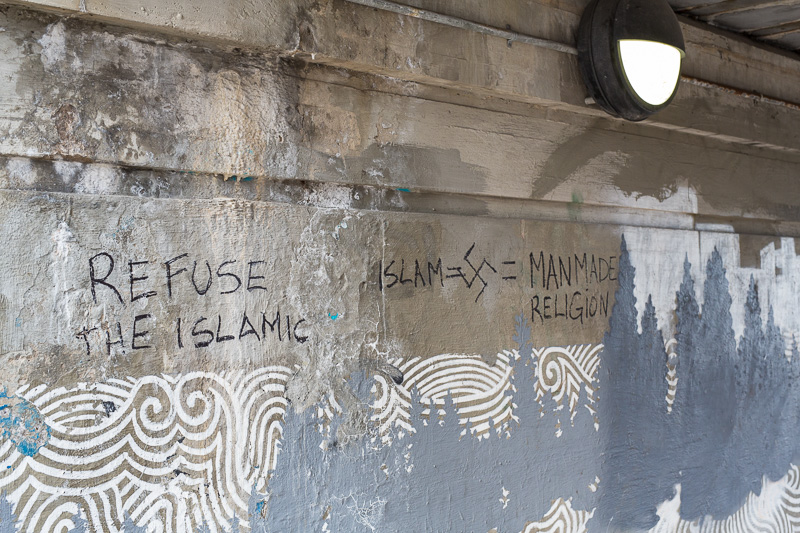Left Is Not Woke, by the philosopher, Susan Neiman, and published in March of this year, is unusual in that it offers a critique of wokeness from the left. We are more accustomed to hear critiques from the right, although most of what we hear from the right doesn’t qualify as formal critique, more like…
Tag: Philosophy
The Plague, by Albert Camus
To amuse myself during this period of Covid-19 isolation, I have started to work through a reading list of plague-based writings starting with Albert Camus’ 1947 novel, The Plague (La Peste).
Synecdoche
Synecdoche is a simplicity that doesn’t lie.
Photographs Like Memories
I wish photographs were like memories. They would start out as well-focused images with crisp edges and clearly defined details. But with the passage of time, the images would lose their clarity, edges would soften …
Violence
A strange literalism has infected our world. We have blinded ourselves to the distinction between a thing and the representation, between a person and the image. This has produced perhaps the most egregious erasure of all—the erasure of a numinous surplus that inheres in all beings. Thus the seemingly innocuous act of tearing a poster from a board becomes an act of violence.
Seek out the ordinary
Turn away from famous sculptures and buildings. Turn away from brides in all their consumer-driven finery. Turn away from the terror and delight that draws us to scenes cordoned off by police tape. Instead, seek out the ordinary. Celebrate the mundane. Reveal beauty in the quotidian.
Confirmation Bias
Along with thousands of my colleagues, I pound the pavement, responding only to those scenes which hold precisely the features that confirm my view of what makes a good photograph, repeating the process until I have ground my bias into a cheap cliché.
Are these Chairs Modern or Postmodern?
Postmodernity is a sensibility that refuses to inhere in an object. Instead, its vague presence floats through the interstices of the scene. It reminds me of the rotten-egg smell that wafted through my elementary school when classmates set off stink bombs.
Photographing Babel
By one of those innumerable coincidences that seem to shape my life, I started reading Labyrinths: Selected Stories and Other Writings, by Jorge Luis Borges, on the same day that I photographed Robarts Library alongside its distorted image reflected in one of those convex parking garage mirrors. One of the stories, “The Library of Babel”, opens in this way …
White Men In Business Suits
Why do street photographers do so little work with white men in business suits? Why are they so preoccupied with “grittier” themes? After all, if street photographers ignore white men in business suits, those white men might feel left out. Who knows? They might even feel discriminated against.
My Grandmother’s Eyes
My Grandmother died on April 20th. I’ve never been present before when a death is declared. My grandmother had obviously expired, but the attending VON lacked the necessary government-approved certification to say unequivocally that she was dead. At times like this, I become strangely practical. I suggested we turn off the oxygen machine (why waste perfectly good oxygen?), but the VON said no; we needed to wait until his supervisor arrived and declared the death.
Rob Ford’s Funeral Procession
Facebook makes it impossible to privilege one discursive mode over another. (The only thing that’s privileged is Facebook itself.) In the same way, Rob Ford never woke one morning and said to himself: Hey, I’m gonna be a postmodern mayor. It just happened that way.
Photographic Literalism
As I see it, literalism is an application of power grounded in anxiety. It loads the aesthetic experience on the creative end at the expense of the interpretive end. It seeks to certify creative intentions—this is what I really meant—by stipulating in advance how viewers/listeners/readers ought to respond. As a result, it infantilizes the relationship between creator and audience. It leaves nothing to chance.
Visual Hygiene
Once I’d adjusted to the light, I noticed, for the first time, a print of a painting that hung on the wall above my feet. It was the only adornment in an otherwise bare room. It was a “realistic” painting of a maritime scene: ocean, rocky shore, green grass above the rocks, lighthouse, rainbow, and bald eagles. The colours were gaudy. The horizon line cut straight through the middle of the scene. It was sentimental. It was kitschy.
The Ugly Truth
Sometimes what I see offends my sensibilities. I don’t want to believe that some of my neighbours equate Islam with Nazism, or call black people niggers and monkeys and say they belong in prison. I want to tell a story of Toronto the Good.
